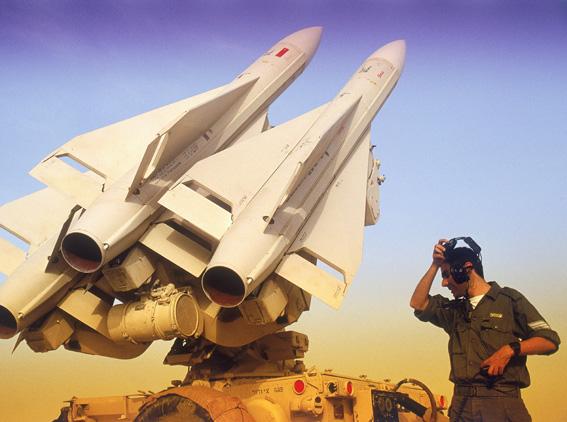 Israeli officials are reportedly giving serious thought to reopening talks. Some Israeli reports suggest the two nations have been in contact behind the scenes through intermediaries such as Turkey and Germany. Transportation Minister Shaul Mofaz confirmed Saturday that Israel has made use of a secret channel to communicate with Syria, but did not indicate what message was sent.
Israeli officials are reportedly giving serious thought to reopening talks. Some Israeli reports suggest the two nations have been in contact behind the scenes through intermediaries such as Turkey and Germany. Transportation Minister Shaul Mofaz confirmed Saturday that Israel has made use of a secret channel to communicate with Syria, but did not indicate what message was sent.
On Friday, the Yediot Aharonot newspaper reported that Israeli Prime Minister Ehud Olmert had indicated to Syrian President Bashar Assad that Israel was prepared to give up the Golan Heights in exchange for peace. Olmert’s spokeswoman, Miri Eisin, did not comment on the report but said the premier remained skeptical of the chances for fruitful talks with Syria. “The prime minister has always said he wants peace with Syria but doesn’t think that the present Syrian government wants peace, but rather wants the peace process,” Eisin said. “It’s always being evaluated.”
Last week, after Israeli security officials met to discuss a reported Syrian buildup near the Golan Heights, Olmert issued a statement saying Israel does not seek war with Syria. “We must avoid miscalculations that are liable to lead to a security deterioration,” Olmert said. He said Israel was sending reassuring messages to Syria through various diplomatic channels.
Syrian officials have said they are willing to talk, but expressed doubt that Olmert’s government was stable enough to make a deal. Assad has made overtures since Israel’s inconclusive war last summer with Hezbollah guerrillas in Lebanon, but Olmert has consistently questioned the Syrian leader’s commitment to achieving peace. Many Israelis believe Assad mainly wants to ease international pressure on his government over Damascus’ alleged involvement in the 2005 slaying of Rafik Hariri, Lebanon’s former prime minister. Still, current and former Israeli officials and commentators have urged Olmert to test Assad’s intentions. Israel engaged in U.S.-brokered negotiations with Assad’s late father, Hafez, but they broke down in 2000 over the extent of an Israeli withdrawal from the Golan Heights.

Comments